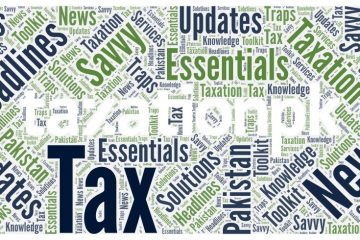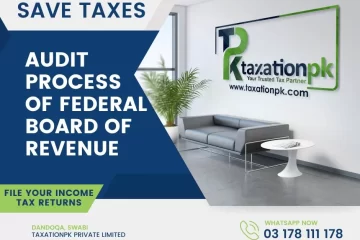Pakistan’s economy is dominated by the informal sector, which accounts for a significant portion of economic activity in the country. The informal sector includes activities that are not regulated or monitored by the government and are often not subject to taxation. In this article, we will explore the relationship between taxation and the informal economy in Pakistan.
The informal economy in Pakistan is vast and diverse, encompassing activities such as street vending, small-scale manufacturing, and agriculture. Despite its size, the informal sector remains largely untaxed. This is because many informal workers operate outside the formal economy and do not have access to formal financial systems. Additionally, the government faces several challenges in taxing the informal economy, including the lack of accurate data and the difficulty in monitoring informal economic activity.
Taxation is an essential tool that the government can use to formalize the informal sector and bring it into the mainstream economy. By taxing informal economic activity, the government can generate revenue that can be used to finance public goods and services, reduce inequality, and promote economic growth. Moreover, bringing informal economic activity into the formal economy can promote transparency, accountability, and better governance.
However, the process of formalizing the informal sector is not straightforward. Informal workers often operate in difficult conditions and face several challenges in accessing formal financial systems. Additionally, many informal businesses are unregistered and do not have the necessary documentation to comply with tax laws.
The government has implemented several measures to formalize the informal sector and increase tax revenue. These measures include tax amnesties, tax incentives for small businesses, and simplification of the tax system. The government has also taken steps to improve tax administration and reduce corruption, which can help to increase tax compliance in the informal sector.
One example of a successful tax initiative targeting the informal sector is the Tax Asaan app. The app is designed to simplify tax filing and make it easier for small businesses and individuals to comply with tax laws. The app provides an easy-to-use interface for filing tax returns, and it has helped to increase tax compliance among small businesses in Pakistan.
Moreover, the government has also implemented measures to incentivize informal workers to join the formal economy. These measures include the provision of social protection and access to formal financial systems. By providing these benefits, the government can encourage informal workers to register their businesses and become part of the formal economy.
In conclusion, taxation plays a critical role in formalizing the informal sector in Pakistan. By taxing informal economic activity, the government can generate revenue, reduce inequality, and promote economic growth. However, formalizing the informal sector is not straightforward, and the government faces several challenges in this area. By implementing tax initiatives that simplify tax filing, incentivize formalization, and improve tax administration, the government can increase tax compliance in the informal sector and bring it into the mainstream economy.






